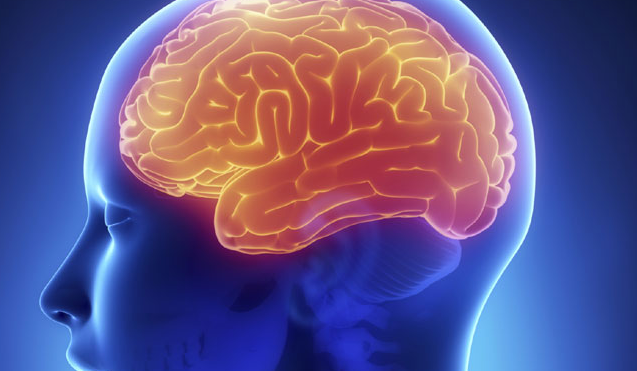Researchers have developed a computer program that can identify an individual’s suicidal thoughts with over 90 per cent accuracy.
The study used a machine-learning algorithm to identify two groups of people-one consisting of 17 individuals with known suicidal thoughts, the other one to control group consisting of 17 neuro-typical individuals.
The participants were presented with positive, negative and death-related concepts, including death, cruelty, trouble and carefree in a brain scanner.
According to the researchers, the algorithm was 91 per cent accurate to identify whether a person was from the suicidal or control group, and 94 per cent accurate in identifying people who had attempted suicide from individuals who only thought about it.
“Our latest work is unique insofar as it identifies concept alterations that are associated with suicidal ideation and behaviour, using machine-learning algorithms to assess the neural representation of specific concepts related to suicide,” Marcel Just, an author of the study said.
“For example, the concept of ‘death’ evoked more shame and more sadness in the group that thought about suicide.
“This extra bit of understanding may suggest an avenue to treatment that attempts to change the emotional response to certain concepts.
“This gives us a window into the brain and mind, shedding light on how suicidal individuals think about suicide and emotion related concepts.”
The researchers hoped the study could offer a new approach to assessing psychiatric disorders.
The study was published online in the journal Nature Human Behaviour.
Copyright 2025 TheCable. All rights reserved. This material, and other digital content on this website, may not be reproduced, published, broadcast, rewritten or redistributed in whole or in part without prior express written permission from TheCable.
Follow us on twitter @Thecablestyle

